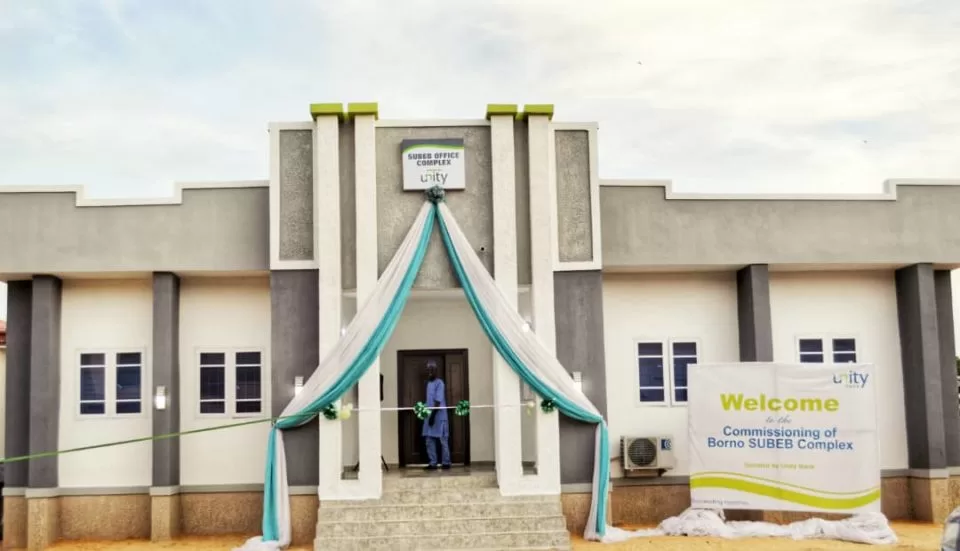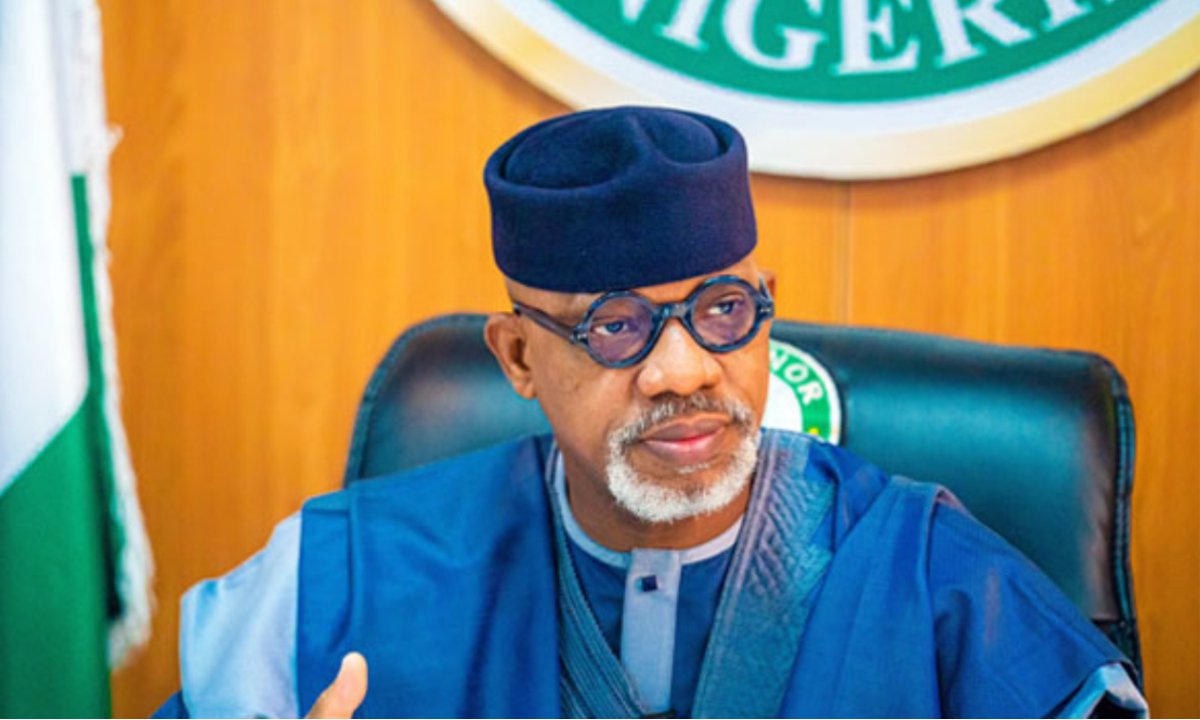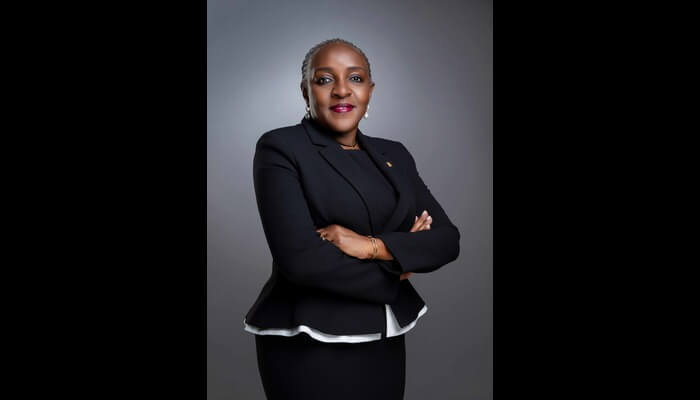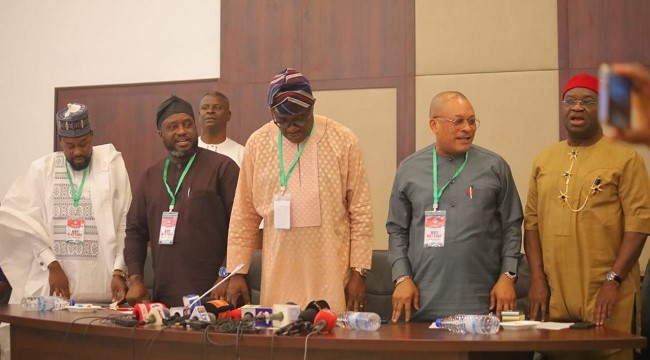The United Kingdom (UK), in partnership with the United Bank for Africa (UBA) and 10 other global organisations, have launched a £20 million (N10.88 billion) to aid girls education and employment in developing countries.
The unveiling of the fund was part of the activities to mark the 2022 International Women’s Day.
The British High Commission, in a statement said Nigeria and Bangladesh were the first countries to benefit from the fund.
“To mark International Women’s Day today, Prime Minister Boris Johnson has launched a new global partnership with 11 businesses to improve girls’ access to education and employment.
“Countries like Nigeria and Bangladesh, two countries where significant barriers to girls’ education remain, will be one of the first to benefit from the fund. The UK government is contributing an initial £9 million (N4.89 billion), with businesses providing £11 million (N5.98 billion) in total.
“The programme aims to provide high quality skills training to around one million girls around the world.
“Improving girls’ access to education is a key part of the UK’s foreign policy to ensure we build back better from the pandemic and prevent a lost generation.
“Investing in education helps lift communities out of poverty and protects girls from early marriage, forced labour and gender-based violence,” the British high commission said.
It further said Johnson launched the new £20 million business partnership as the UK continues to lead global efforts to improve girls’ access to education in developing countries.
The British high commission added that even before the COVID-19 pandemic, millions of children did not have any access to school and girls from disadvantaged families were particularly vulnerable to missing out on education, whether through poverty or prejudice.
“The pandemic has created even more barriers to education, with a peak of 1.6 billion children around the world having faced school closures.
“In the UK’s first education partnership of its kind, the UK government is joining forces with the private sector to boost girls’ access to education in developing countries. Partners include Accenture, BP, Cognizant, Coursera, Microsoft, Pearson, PwC, Standard Chartered, Unilever, United Bank for Africa and Vodafone.
“The UK government will be working in partnership with UNICEF’s Generation Unlimited (GenU) to help deliver the programme, with key partners funding GenU being Accenture, Microsoft, Standard Chartered, Unilever, and United Bank of Africa.
“On March 7, a reception was held at No.10, Downing Street to mark the announcement ahead of March 8 International Women’s Day. The event was attended by partners, including Jill Huntley, global managing director, Corporate Citizenship at Accenture; Betty Vandenbosch, chief content officer at Coursera, and Marissa Thomas, chief operating officer at PwC,” the British high commission also said.
Following the launch, Johnson said: “The United Kingdom has long been a proud and mighty champion of this fundamental cause and, today, we take one leap further through our first Global Partnership of its kind – opening the opportunity for one million girls across the developing world to have access to high quality skills training.
“Ensuring every girl and young woman across the globe receives 12 years of quality education is the greatest tool in our armoury to end the world’s great injustices. Delivering on this mission will be one of the best defences against ignorance, ensure the greatest protection from prejudice and put a rocket booster behind our hopes and dreams for global development in the years to come.”

Ojelabi, the publisher of Freelanews, is an award winning and professionally trained mass communicator, who writes ruthlessly about pop culture, religion, politics and entertainment.





























